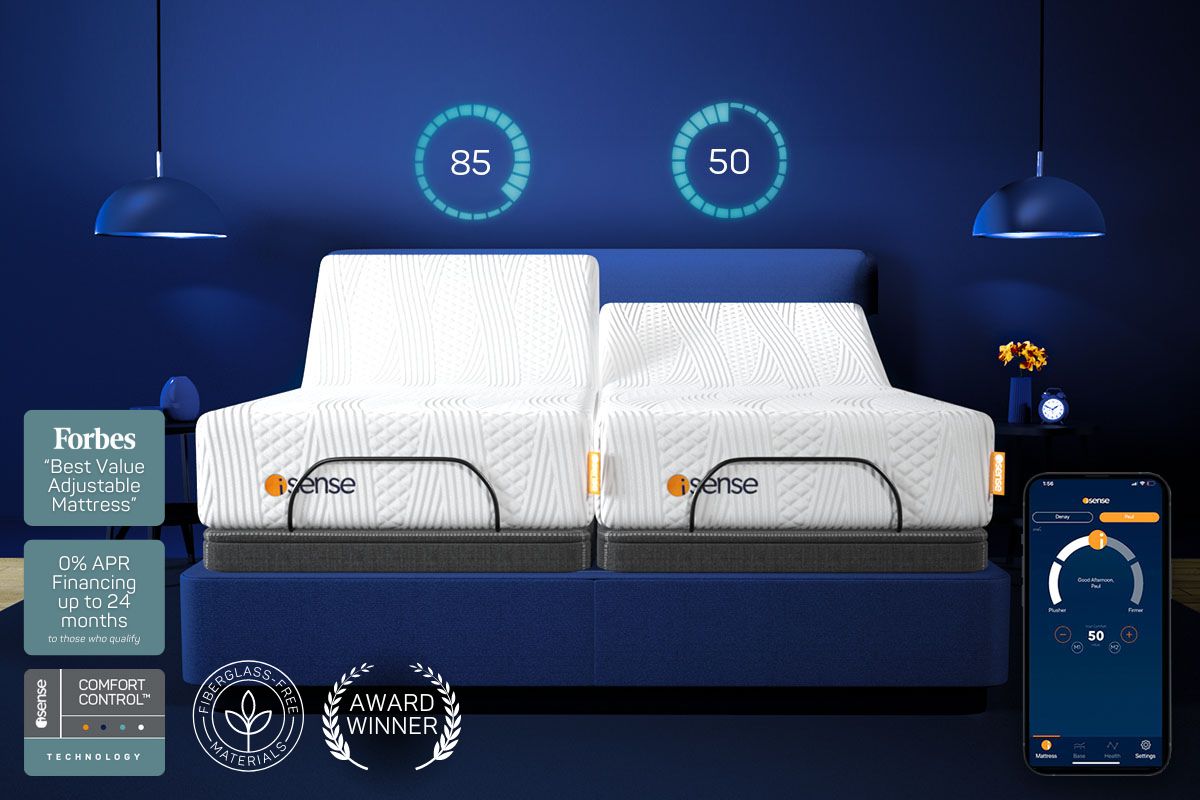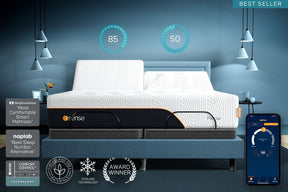What is Segmented Sleep? Exploring the Benefits and Downsides
Segmented sleep refers to a pattern where sleep is divided into two or more periods throughout the 24-hour day, rather than being consolidated into a single extended block. Historically, this type of sleep pattern was common in the pre-industrial era before electricity and modern lighting. Experts suggest that segmented sleep may actually mirror natural human rhythms. The uninterrupted eight-hour sleep standard may be a modern convention rather than an innate biological need.
The concept of segmented sleep has piqued the interest of sleep researchers and health professionals. Some studies suggest that a segmented sleep schedule could align more closely with certain biological tendencies. This could offer benefits like reduced stress due to a natural alignment with the body's circadian rhythms.
However, others caution that deviating from the conventional sleep pattern could have negative impacts on overall health. This includes sleep fragmentation and potential disruption of the important processes that occur during a consolidated period of rest.
Analyzing the potential health implications of segmented sleep involves understanding how it might affect metabolism, learning, memory, and the risk of accidents due to sleep deprivation.
It raises important questions about the adaptability of the human sleep architecture, consisting of several stages including rapid eye movement (REM) sleep, and how it might respond to a multiple-part schedule.
As modern lifestyles continue to evolve, so too does the exploration into alternative sleep models and their potential for maintaining or improving health and well-being.
Understanding Segmented Sleep
Segmented sleep, an alternative to the typical long nighttime stretch of sleep, or monophasic sleep pattern, may offer insights into the way our ancestors slept and how modern lifestyles have reshaped rest.
Definition and History
Segmented sleep, also known as biphasic sleep, refers to a sleep pattern that involves two distinct periods of sleep separated by a period of wakefulness. Historically, this pattern was common before the widespread use of electric lighting.
The concept of "first sleep" would begin at dusk and last until the middle of the night, followed by a period of wakefulness before "second sleep" lasted until morning.
Comparing Sleep Patterns
In contrast to segmented sleep are monophasic and polyphasic sleep patterns. Monophasic sleep involves one long stretch, typically at night, which is currently the most common sleep rhythm.
On the other hand, polyphasic sleep includes multiple sleep phases throughout a 24-hour period and is often associated with shorter but more frequent sleep times.
Physiology of Sleep Cycles
The circadian rhythm, an internal clock regulating the sleep-wake cycle, influences sleep patterns, including segmented sleep. The cycle of deep sleep, or slow-wave sleep, and periods of lighter sleep or wakefulness, constructs an individual's sleep architecture.
Following our natural circadian rhythms promotes better sleep quality and overall health.
Health and Lifestyle Implications of Segmented Sleep
This section explores how segmented sleep affects health and lifestyle, considering both potential health benefits and risks.
Health Benefits and Risks
Segmented sleep schedules can influence overall health in various ways.
Studies note that when sleep is split into parts, there may be an impact on hormones such as melatonin, which regulate sleep-wake cycles. A change from the traditional 8-hour sleep could alter metabolism and increase the likelihood of obesity and diabetes.
On the other hand, short naps have been associated with better mood and alertness, potentially aiding in productivity and focus.
Risks Include:
- Greater chance of sleep deprivation
- Rise in hormones prompting weight gain
- Higher risk of cardiovascular disease
- Potential for aggravating sleep disorders
Influence on Mood and Mental Health
Irregular sleep patterns may cause mood-related conditions like depression and anxiety to worsen. Although daytime naps can relieve stress and reduce sleepiness, inconsistent or inadequate nighttime sleep can lead to an increase in anxiety and depression. The consistency and quality of your sleep directly affects your mood and stress levels.
Impact on Physical Health
Quality sleep is important for physical health. Segmented sleep could harm it, possibly causing more health issues like high blood pressure and heart disease. Good sleep hygiene helps you sleep well, which is important for your body to recover and keep a healthy metabolism, no matter which sleep pattern you choose to use.
Physical Health Consequences:
- Elevated risk of high blood pressure
- Increased chances of developing health problems
- Possible rise in fatigue and daytime sleepiness
Improving Sleep Hygiene for Segmented Sleepers
For those adopting a segmented sleep schedule, it’s important to maintain good sleep hygiene. Good sleep hygiene practices can include keeping a consistent sleep schedule, creating a comfortable sleep environment, and avoiding stimulants before bed.
A physician may also recommend exposure to natural light to help synchronize the body's sleep-wake cycle. They may also suggest considering melatonin supplements to support your sleep rhythm, particularly for those with insomnia or other sleep disorders.






















